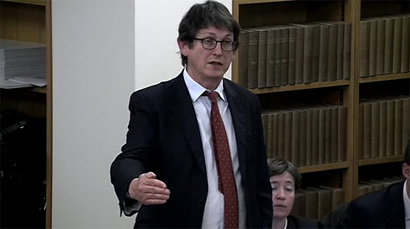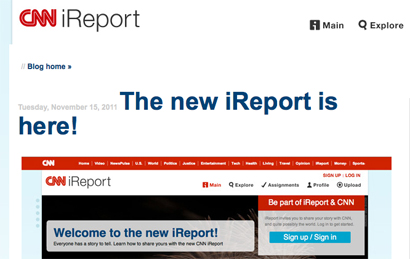The Leveson inquiry into press standards heard from key industry figures today, including representatives for the National Union of Journalists, the Guardian and the legal representative of alleged “victims” given core participant status.
Michelle Stanistreet, general secretary of the NUJ spoke first, describing the Press Complaints Commission as “little more than a self-serving gentleman’s club, and not a very good one at that”.
She also accused the system of having “failed, and abysmally so”. Her full statement to the inquiry has been published on the NUJ’s site here.
The inquiry also heard from editor-in-chief of the Guardian Alan Rusbridger, who has posted his statement in full online.
Near the beginning of his statement Rusbridger highlights the shifts which have taken place within the industry and are affecting journalists:
We also live in a world in which every reader becomes a potential fact checker. Social media allows anyone to respond to, expose, highlight, add to, clarify or contradict what we write. We have the choice whether to pretend this world of response doesn’t exist, or to incorporate it into what we do.
The more we incorporate it, the more journalism becomes, as it were, plastic. There will be less pretence that we are telling the whole truth and nothing but the truth about a story, frozen at the moment it is published – what Walter Lippman in 1922 called the confusion between “news” and “truth”. A journalist today lives with the knowledge that there will be an external reaction to much of what she or he writes within minutes of publication. Journalism today is often less a snapshot, more a moving picture.
Video of today’s hearing is available to view on the Leveson inquiry website here.




